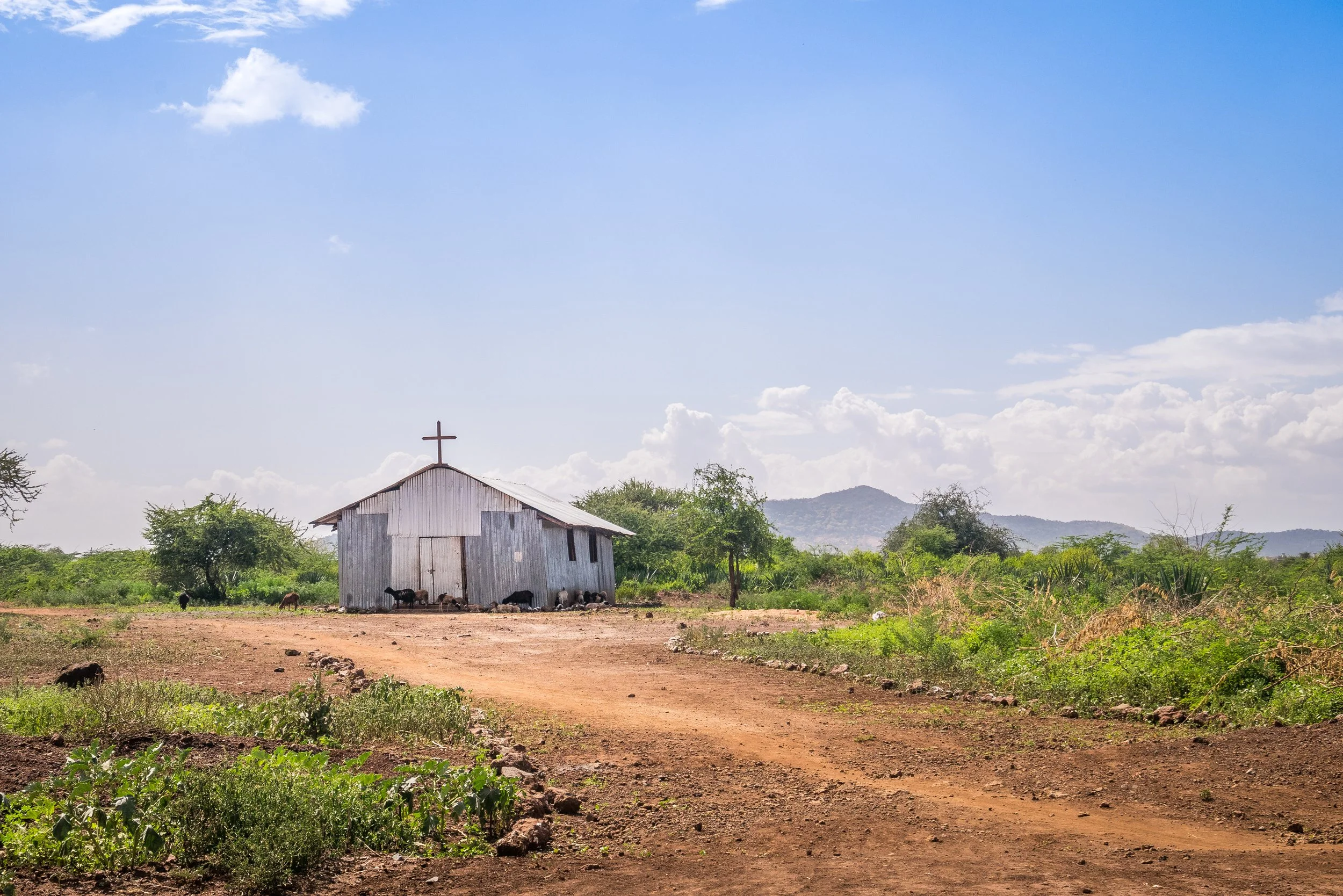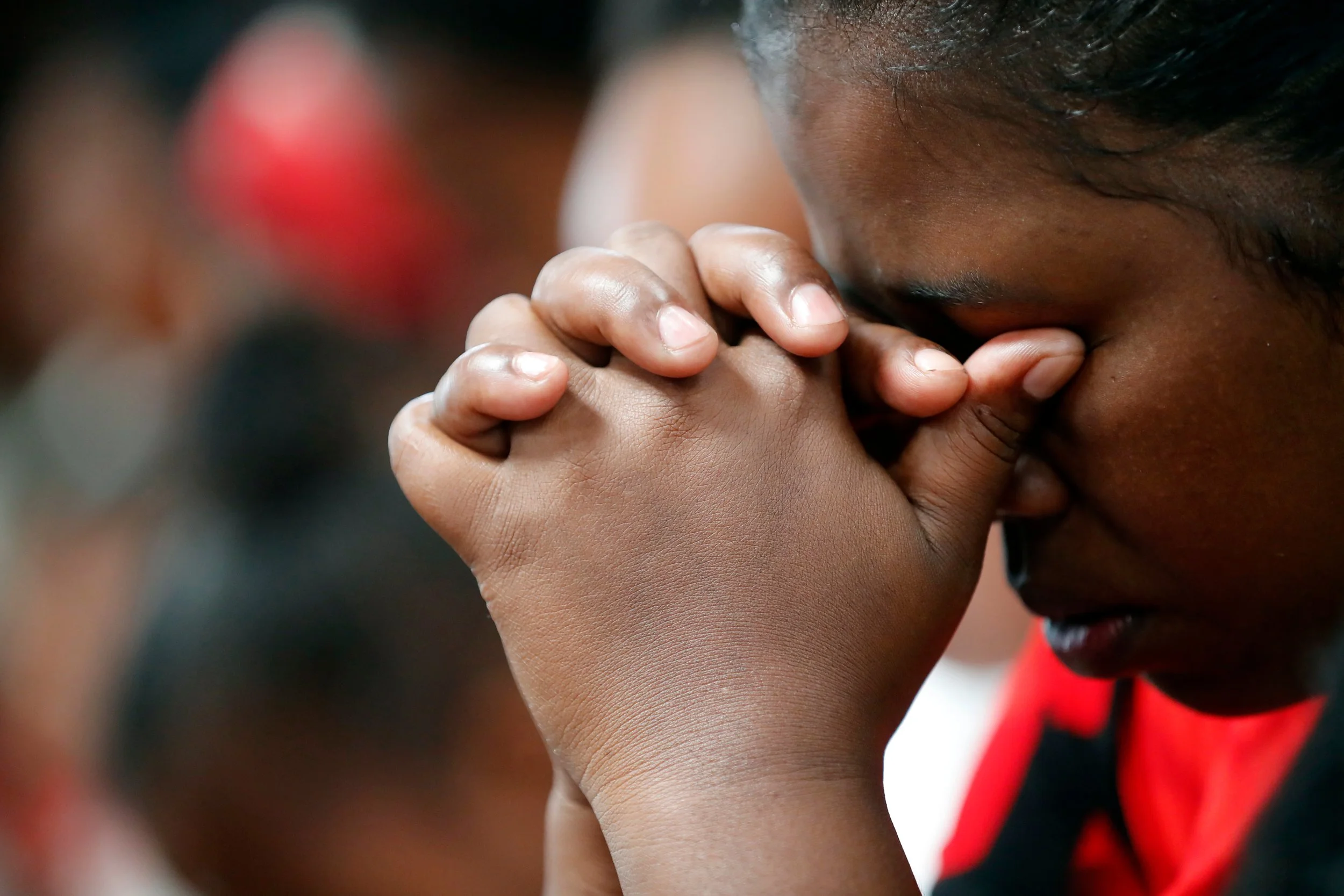
Present Challenge
The UMC in Africa, Europe, and the Philippines
Our church has weathered a global pandemic, navigated disaffiliation, and responded with compassion amid conflict, war, and disaster. Now, congregations are invited to embrace a renewed vision and engage in the mission of preparing 500 students annually for pastoral ministry.
A leadership gap persists in The United Methodist Church. In the U.S., 71% of clergy hold a master’s degree in theology, supported by robust denominational funding and healthy seminary endowments. Outside the U.S., in Africa, Europe, and the Philippines, fewer than 5% of clergy have such preparation. Over 20 theological schools in these regions receive little or no endowment and face significant challenges:
Seminaries are often too far away or too expensive
There is a shortage of well-trained professors and library resources in the needed languages
Courses of Study must be developed in local languages
Scholarships are needed for both initial and post-graduate studies
Professors are needed who can teach and equip in a Wesleyan mindset and identity
The UMC is growing in these regions, with clergy and laity engaged in God’s mission of making disciples of Jesus Christ for the transformation of the world. Yet too many barriers prevent quality theological education that could transform communities around the globe.
We can and must do better. By raising funds for The Endowment for Theological Education outside the U.S., we aim to equip 500 additional graduates each year to Love Boldly, Serve Joyfully, and Lead Courageously. Together, we can provide our future leaders with the tools and resources they need—rooted in a Wesleyan mindset of joining knowledge and vital piety—to impact lives and communities for generations to come.
About the Endowment Fund
The 2012 General Conference has established a theological education fund for the regions outside the USA (Central Conference Theological Education Fund - CCTEF). It enables:
Development of theological schools
Development of courses of study
Development of libraries and contextually developed resources
Scholarships and faculty development
Support for associations and networks of faculty
Support for new and innovative approaches to theological education.
The funds do not support the construction of buildings or the salaries of professors because of their limited nature. A commission elected by the Council of Bishops decides annually on the disbursement of the funds. This support has been very welcome! However, the amount of support has fluctuated according to the budget situation of the general church and the receipts on apportionments for World Service. For the new quadrennium beginning in 2025, it has been reduced by half, but the hope is to award grants for a total of approximately $1 million per year.
In order to safeguard a more sustainable support for theological education, the Council of Bishops initiated an Endowment Fund for theological education in Africa, Europe, and the Philippines in 2014. An Endowment Fund will provide funding in perpetuity, eliminating the uncertainty created by relying on General Conference decisions and World Service Apportionment Fund receipts. For funding in perpetuity $ 1 million per year, the Endowment Fund will raise an initial $25 million.
The basic concept of an Endowment Fund has already proved successful with a similar Central Conference Pension Initiative, which reached an endowment of $25 million for retired clergy. Now we need a similar endowment for theological education for a forthcoming generation of clergy. Grants awarded by the Endowment Fund will be disbursed in alignment with the work of the Commission on Central Conference Theological Education Fund (CCTEF).
Key Areas Supported by the Endowment Fund
Endowment Fund will support the same purposes as the Central Conference Theological Education Fund (CCTEF). These purposes can be grouped into two key areas:
Scholarships and resource material
Scholarships will be provided for on-site and online training for UM clergy candidates on all levels, including basic, graduate, and post-graduate theological education. Preference will be given to persons in courses of study for local pastors, persons training for ordained ministry, and persons in post-graduate studies. Furthermore, adequate resource material is supported in multiple languages and cultural settings.
New Avenues in Theological Education
Technical progress gives a unique opportunity to innovate the approach to theological education. Partially out of necessity due to financial, geographic, and language barriers, and partially because new digital technologies exist, new models can be designed and implemented to offer solutions in regions where gaining a theological education currently is a major hardship.
A total of $ 25 million will be raised for scholarships, resource material, and new avenues in theological education.
Furthermore, the Endowment Fund has added an additional fund that goes beyond what CCTEF can support:
Professors in Methodism
The continuing mission of The United Methodist Church needs principled Christian leaders, rooted in a Wesleyan mindset. Limited resources often reduce the potential for teaching Methodist history, theology, and polity even in our own United Methodist seminaries. The Endowment Fund will allow for sustainable salary support for Professors in Methodism.
A total of $10 million will be raised for the special fund for Professors in Methodism. On a per-year basis, the Endowment Fund will raise an initial $25 million.



